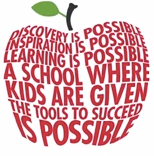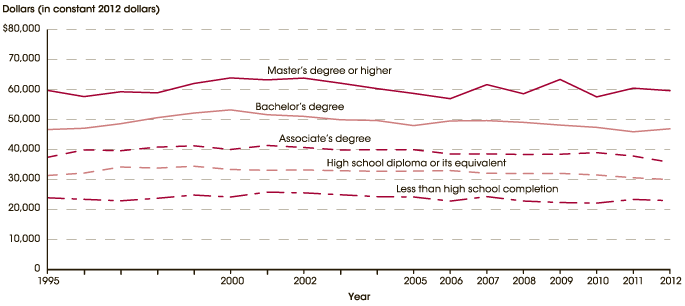Research suggests that during summer vacation, when youth participate in very little activity related to school or learning, they forget some or much of what they’ve learned during the school year. To combat this and keep students' skills and memories sharp, parents can do the following over the summer:
1. Be sure your youth reads often and visits the library
Request the syllabus for next year’s English class to get ahead or ask the teacher for a list of books that are recommended to read to advance vocabulary and keep youths’ reading minds sharp. A syllabus from science or history class might also provide some topics that would be useful to read up on to get ahead before classes begin.
Research and find books that interest your youth to expand upon the reading list provided by a teacher, including fiction and non-fiction, to broaden your youth’s horizons and introduce material that he or she can take an interest in and read more of in the future.
If there is a particular subject or topic that interests your youth, the library is a great place for him or her to find out more about it.
2. Make writing a must
Have your youth write letters to relatives to enhance his or her writing skills and keep him or her sharp for when essays come back around.
Encourage your youth to write down his or her thoughts about the books he or she is reading. Ask questions about the plot and characters often and demonstrate that writing about the books may help with reflection and understanding plots, especially if the books will be talked about next year at school.
Ask your youth to keep a journal. This is a great way for him or her to formulate thoughts without having to stick to a rigid format.
3. Encourage your youth to volunteer
Volunteering is a great way for youth to play a part in their community, and the experience also looks great on job and college applications to show that the youth is interested in helping more than him or herself.
Some schools require students to participate in a set number of hours of community service. If this is the case for your youth, the summer is a great time to complete some of it while there is so much free time.
4. Make math a priority
At home, play board games that might allow your youth to be the “banker” and calculate and dish out money, card games that may require tallying points and counting card values, and video or online games that focus on math.
Encourage work with fractions by baking or cooking and asking your youth to adjust the measurements of a recipe.
When shopping, ask your youth for help comparing prices or calculating percentages, and when going out to eat, have him or her calculate the tip.
5. Help youth learn new skills
If your youth is interested in learning to do something, such as playing a sport or instrument, fixing cars, or doing a certain craft, help him or her learn that new skill. Fostering skills in areas that interest your youth may lead to an interest in an occupation related to that skill or may simply provide a valuable activity for him or her to engage in during free time.
6. Enroll your youth in summer camp
No matter the nature of the camp, youth are bound to learn something from whatever programs and activities they are immersed in and may gain appreciation for new things that they can continue to learn about after camp.
7. Set goals for next year
Help or have your youth make lists of goals he or she wants to accomplish next year, including when homework should be finished every night, how much time will be spent on studying, what grades will be achieved, and what will be gained from the year academically, socially, and otherwise. These lists don’t have to come to complete fruition, but setting goals will help your youth motivate him or herself over the summer and throughout the year, and routinely evaluating the success of these goals will help create new or better objectives.
8. Allow for time to relax
It’s important for youth to keep their skills sharp so that they don’t fall behind next year, but it’s also important that they get a break from school, too. Summer should be a time for fun and relaxation to reward youth for putting in effort at school. Make sure to balance time spent learning and time spent relaxing so that there isn’t too much of either being done.



 RSS Feed
RSS Feed